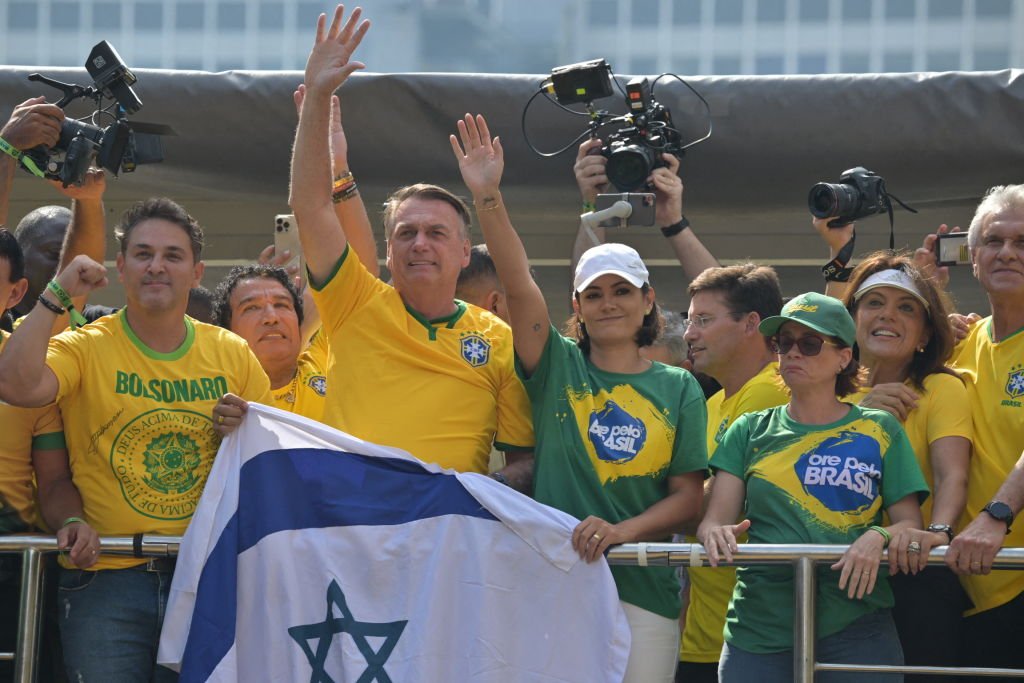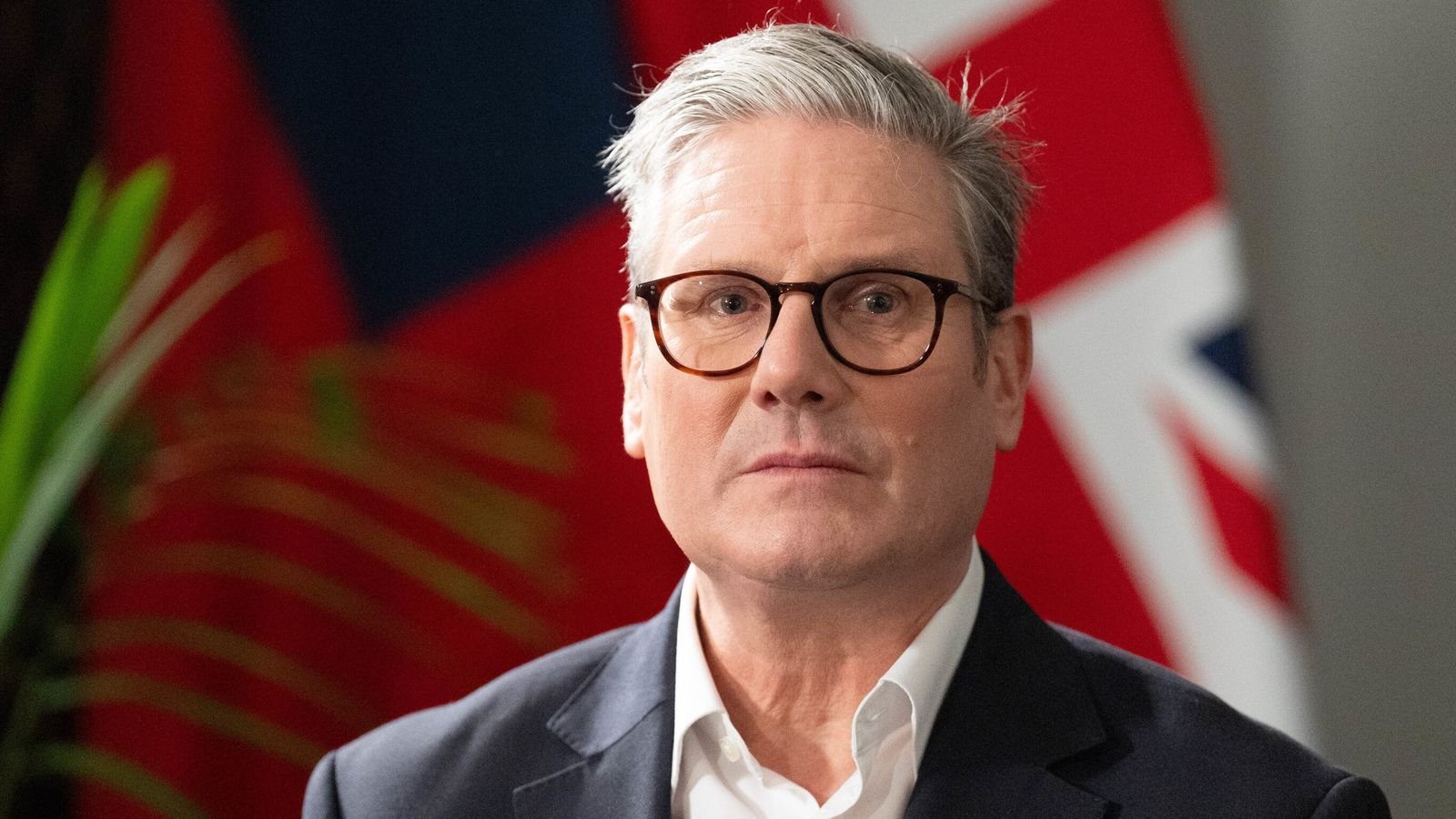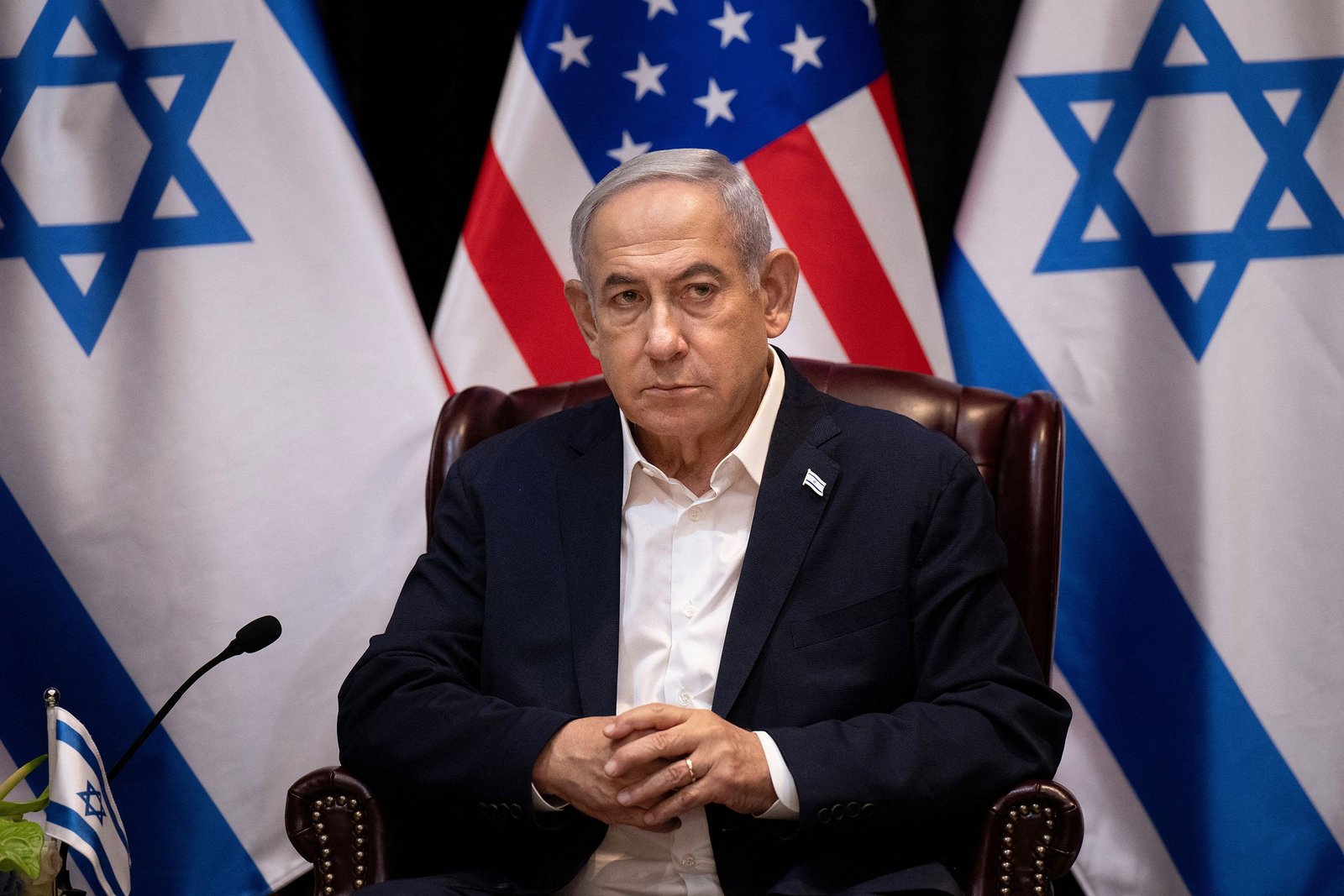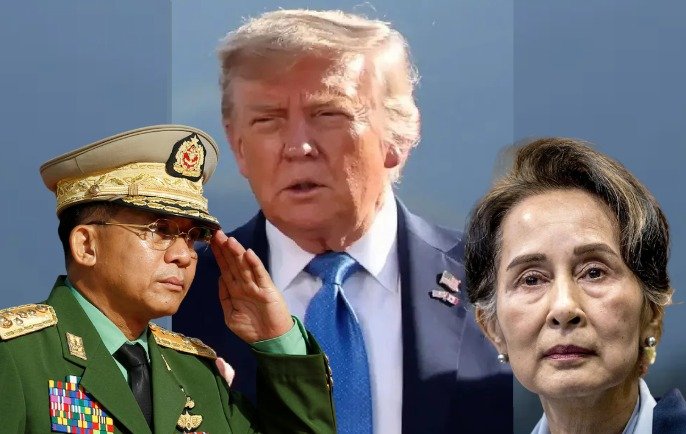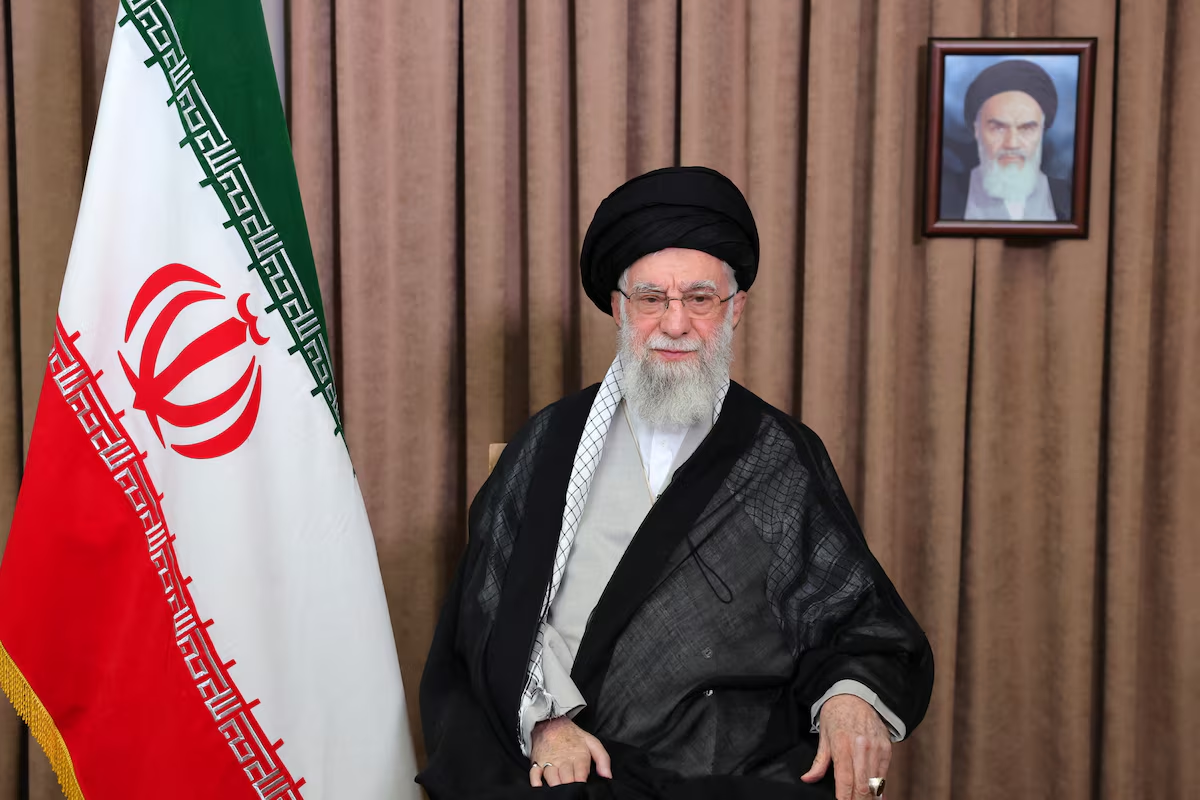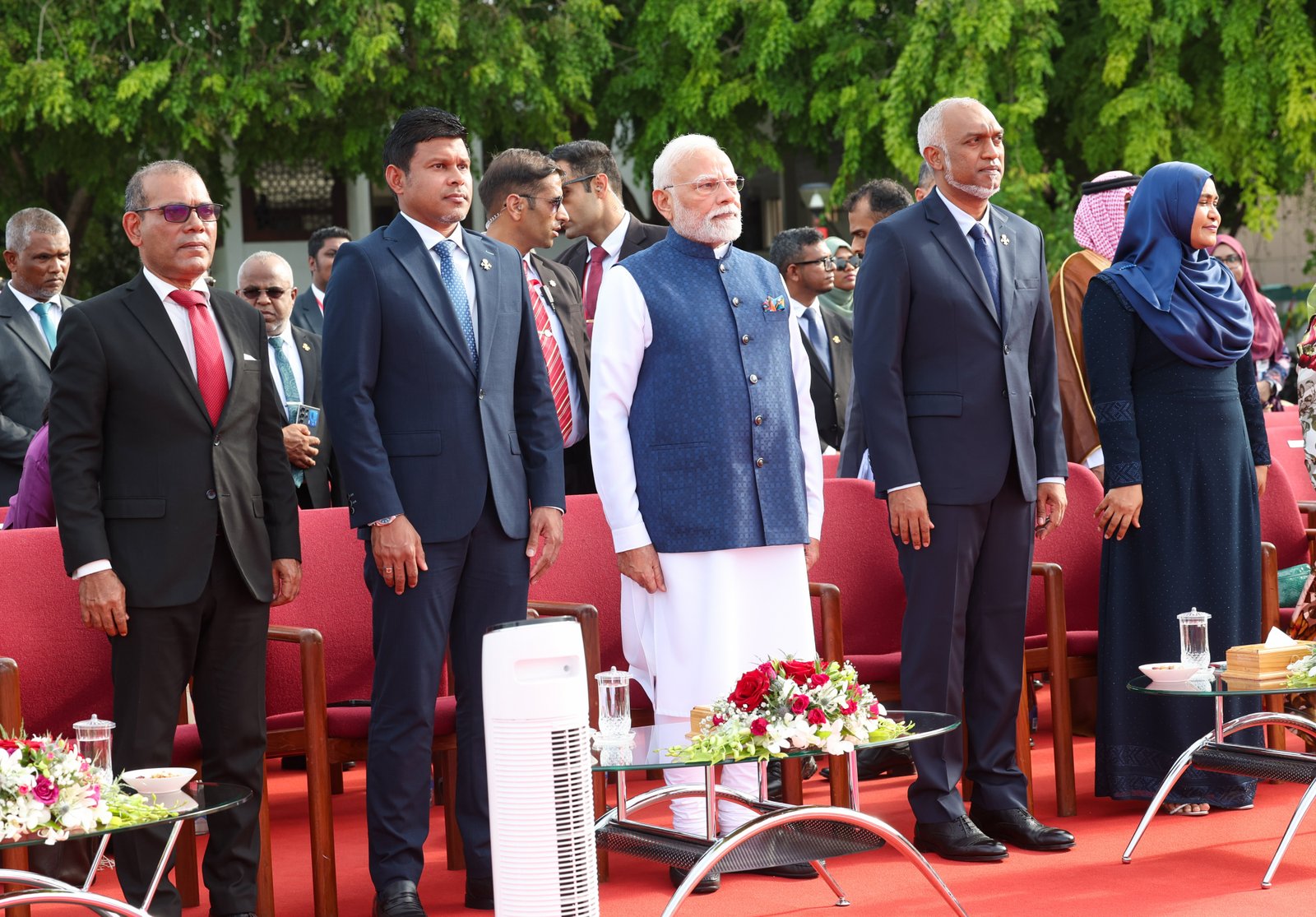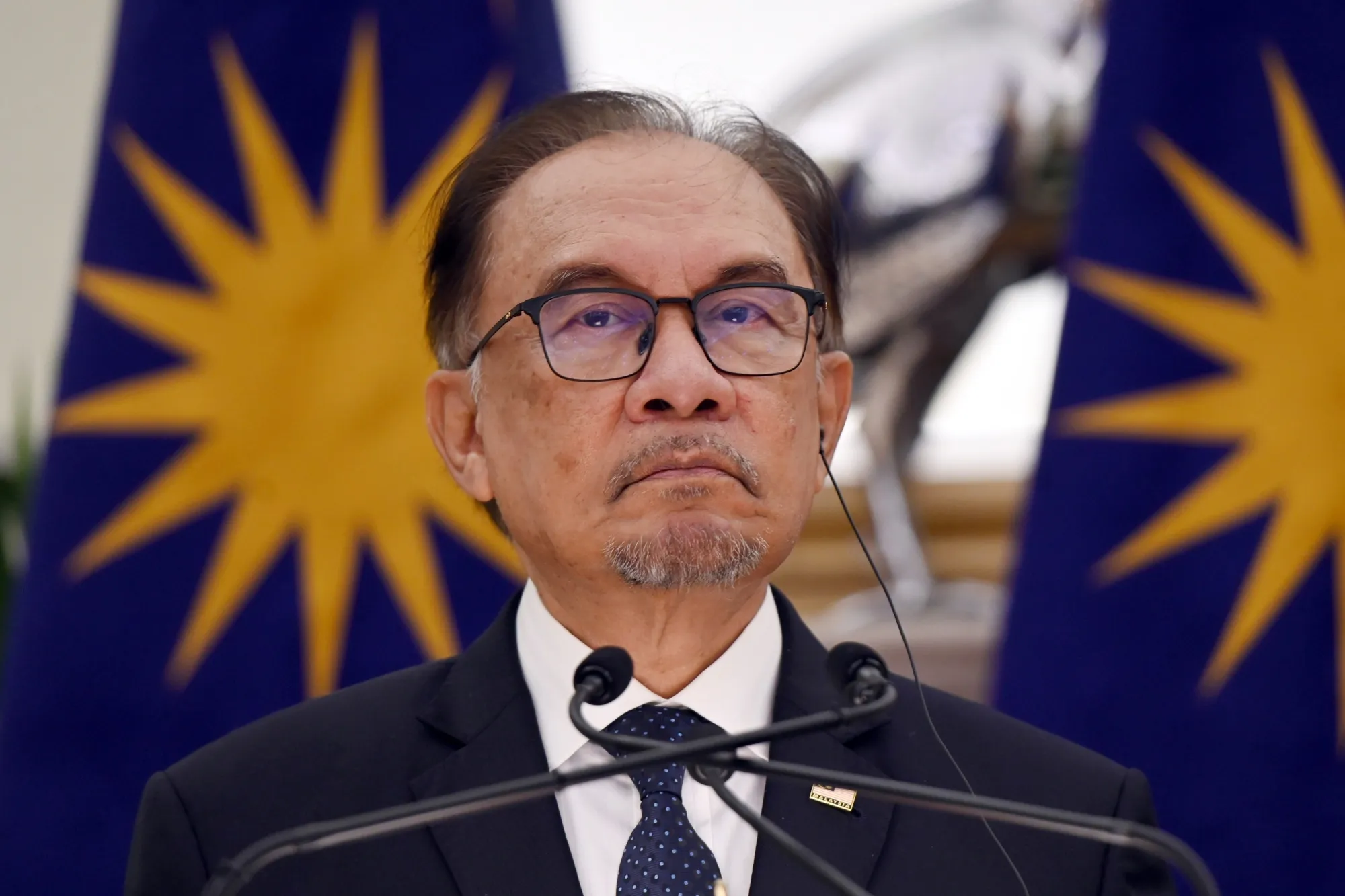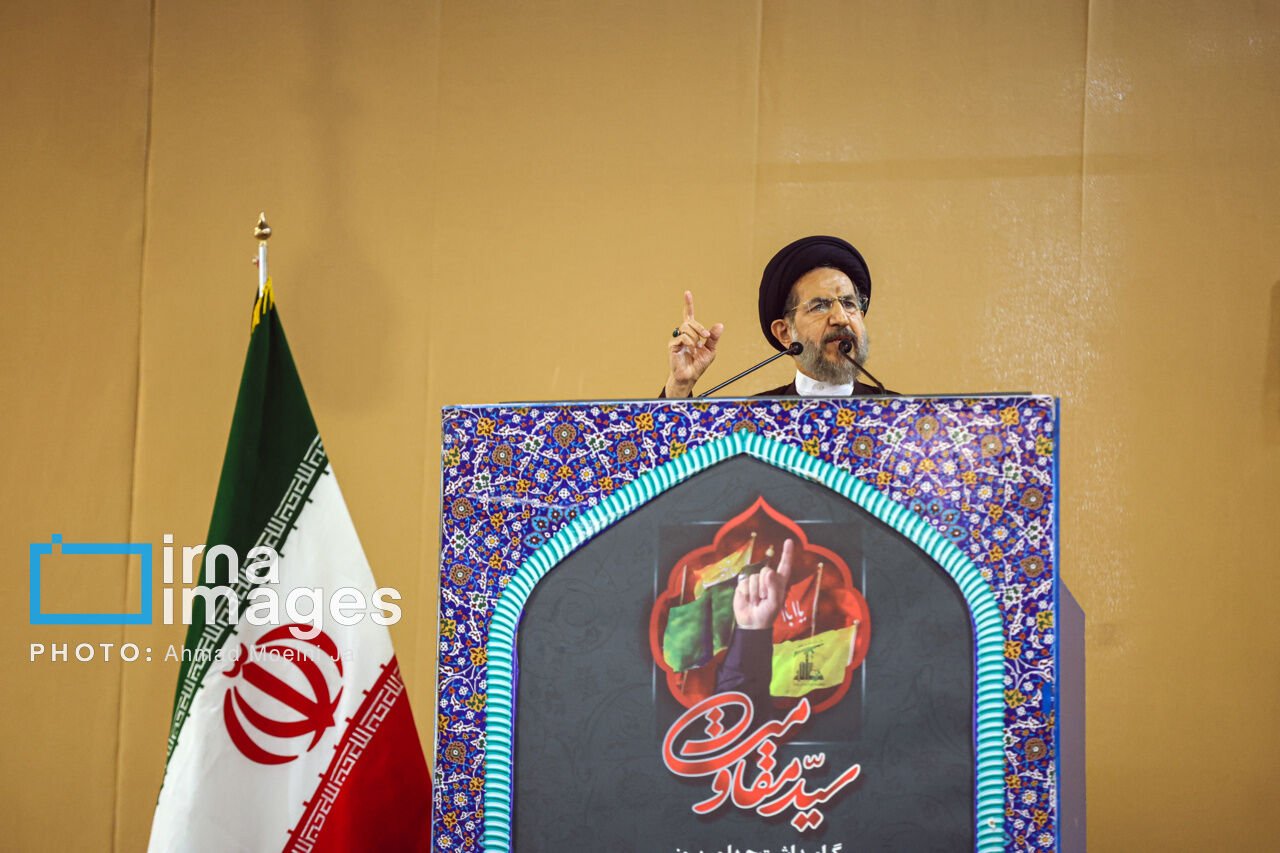Brazil’s Supreme Court Rejects Arrest Warrant Request Against Former President Bolsonaro
July 24, 2025 | Brasília, Brazil
Brazil’s Supreme Court on Thursday ruled that former President Jair Bolsonaro will not be arrested at this time, despite allegations that he violated a court-imposed ban on communicating via third parties on social media.
Justice Alexandre de Moraes stated that the recent incident was an “isolated event” and does not yet warrant the issuance of an arrest warrant. However, he warned that any future violations of court restrictions could lead to Bolsonaro's detention.
Bolsonaro is currently under investigation for allegedly conspiring to stage a coup following the 2022 election. Prosecutors claim that he and his allies planned to declare a state of emergency and overthrow the government. Bolsonaro has consistently denied all such accusations.
Several international figures, including former U.S. President Donald Trump, have described the ongoing legal proceedings as “politically motivated.” Trump has even threatened to impose a 50% tariff on Brazilian goods starting August 1 if Bolsonaro is prosecuted.
Current restrictions on Bolsonaro include:
-
Confiscation of his passport
-
House arrest during nights and weekends
-
Mandatory electronic ankle monitoring
-
Ban on contact with foreign officials
-
Prohibition from making statements on social media through third parties
A new controversy erupted recently when Bolsonaro criticized these restrictions during a media interview, visibly showing his ankle monitor. This has raised questions about whether media interviews also fall under the court's ban on third-party communication.
Justice de Moraes clarified that media interviews are not completely forbidden, but if they breach the restrictions, legal consequences will follow.
This unfolding drama is not only escalating tensions within Brazilian politics but also drawing international diplomatic pressure—spearheaded by former President Trump. The case is evolving into an unprecedented legal and political battle with potential implications for the broader democratic landscape of Latin America.


